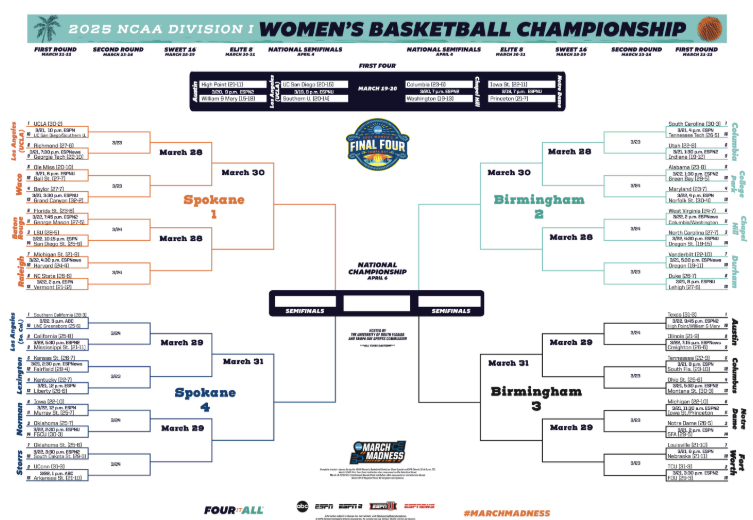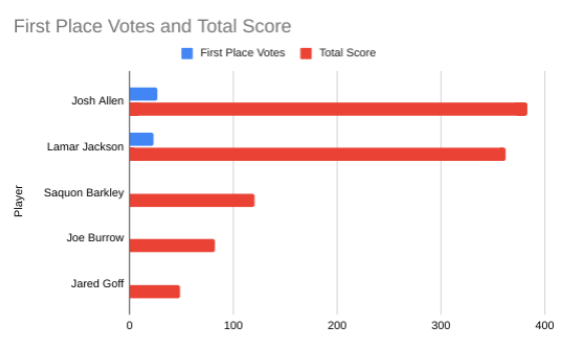With manipulative daily fantasy sports apps such as recently merged DraftKings and FanDuel on the rise, there is a need for more legislation regarding sports gambling.
A loophole in the Unlawful Internet Gambling Act of 2006 allows online fantasy sports for money to operate, while other gambling games, such as poker and bingo, are not.
This loophole has allowed many small sports betting sites to pop up and fool the gamblers into spending thousands of dollars.
Other forms of sports gambling are only legal in a few places, such as Nevada, Montana, Oregon and Delaware. Many dedicated fans also look toward the unprotected world of offshore gambling to roll in the cash with their sports knowledge.
These laws were also made a decade ago, yet the sports and fantasy gambling scene has since changed exponentially with the rise of the internet. Back in 2006, online fantasy sports were often just friends or co-workers putting small amounts money on the line for their lineup of players from across a professional league over the course of the whole season.
While this is still common even today, the rising popularity of daily fantasy sites where the players compete with thousands of strangers over sketchy, unregulated websites for money, where customers are often manipulated, shows the need for an update in laws regarding sports gambling.
According to a study by ESPN’s “Outside the Lines,’’ much of the prize money on these daily fantasy websites go to the “sharks” or the top players, with 91 percent of prize money going to the top one percent of players, who often use computer algorithms to rake in the cash. Employees of the companies have also been found to play on competing sites in order to win money with the extra resources they have as employees.
According to Eilers Research, DraftKings and FanDuel combine to generate $2.6 billion annually and are growing each year. These two companies have also received investments and sponsorships from NFL, NBA and MLB teams and the leagues themselves as well as TV networks that air their frequent advertisements, such as ESPN, Fox Sports, NBC and Comcast.
Many states have classified these daily fantasy sites as gambling, including Delaware, Alabama, Louisiana, Iowa, Arizona, Nevada, Idaho, Montana, and Washington. There is uncertainty in other states such as Texas and Virginia, where the sites are not illegal, but there is opposition by the states’ Attorneys General, leading to some sites withdrawing eligibility to users from that state. However, others still operate without boundaries in these states.
Rep. Frank Pallone of New Jersey has started a congressional committee to pass new legislation that would legalize sports gambling and daily fantasy, with explicit rules on the industry and taxation on the winnings. His vision is for fans to place bets online or in person in all 50 states, including inside the stadiums where games are being played, on game day.
This is a wonderful plan for many enthusiastic sports fans, but seems a tad utopian and is likely to die in Congress with other prominent political issues garnering most of the attention of both parties in wake of Donald Trump’s election.
While I am generally not in favor of regulations that limit businesses and states, regulations in the quickly-developing industry would benefit its audience and limit malicious practices.
If Congress creates a bill regarding the murky waters of sports gambling, it would do sports fans across the country a favor by regulating the out-of-control industry of daily fantasy sports and by legalizing, to some extent, sports gambling to consumers who cannot impact the outcomes of the events.












